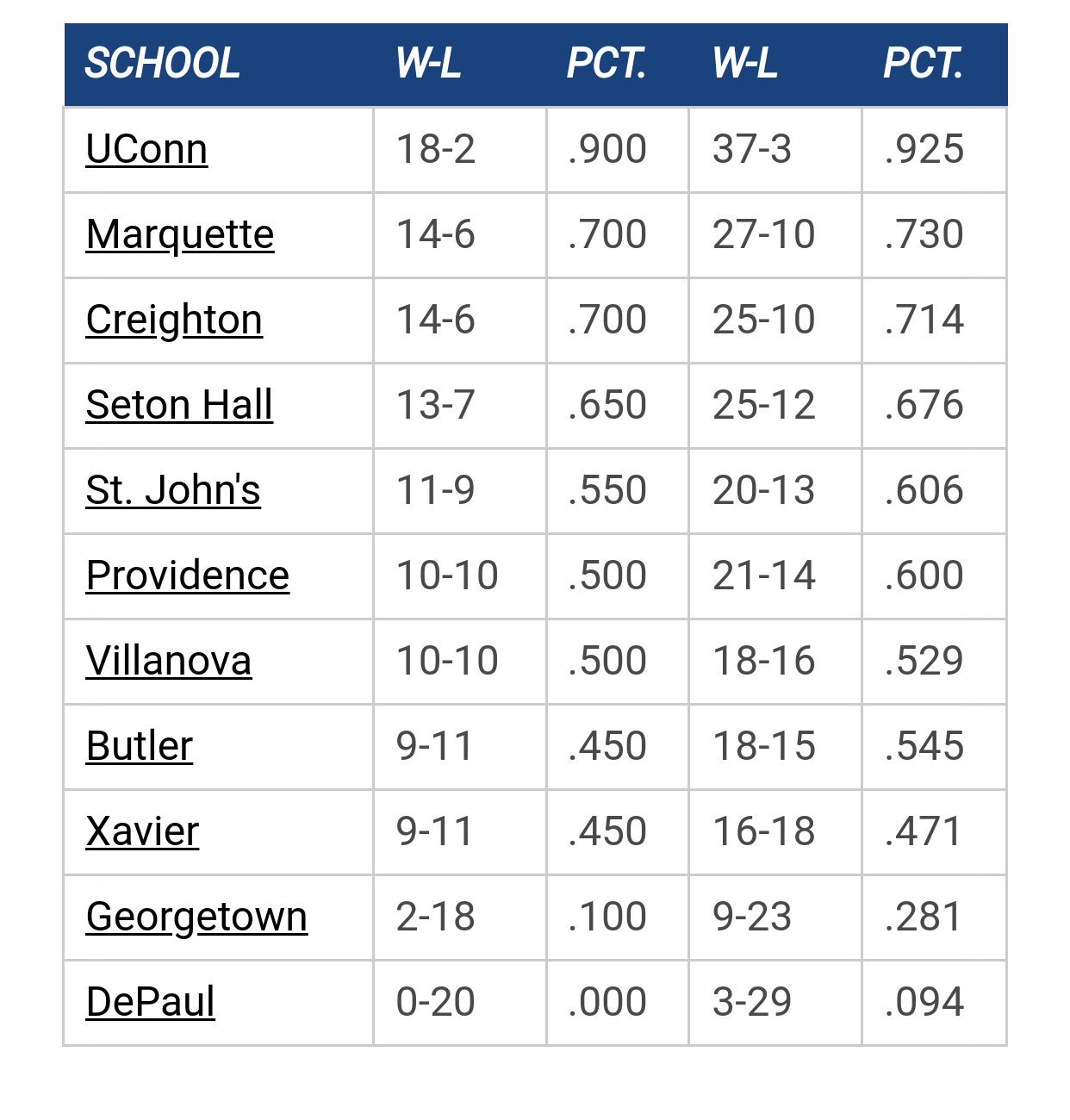Regarding the idea that ad revenue or ratings are no longer the metric and what is the metric is carriage fees (how many homes can get your channel in), this is from the link in the first post:
1. ESPN $6.61 x 94.5 million homes = $7.5 billion
2. NFL Network $1.31 x 73.6 million homes = $1.16 billion
3. FS1 .99 x 91.2 million homes = $1.08 billion4. ESPN2 .83 x 94.5 million homes = $941.2 million
5. SEC Network .66 x 69.1 million homes = $547.3 million
6. Golf Channel .35 x 79.4 million homes = $332.2 million
7. NBC Sports Network .30 x 83.1 million homes = $299 million
8. Big Ten Network .39 x 62 million homes = $290.2 million
9. MLB Network .26 x 71.3 million homes = $222.5 million
10. FS2 .28 x 64 million homes = $215 million11. NBA TV .29 x 57.2 million homes = $199 million
12. ESPNU .22 x 74.9 million homes = $198 million
13. CBS Sports Network .26 x 61 million homes = $190.3 million
14. NHL Network .32 x 37.4 million homes = $143.6 million
15. Pac 12 Network .39 x 12.3 million homes = $57.6 million
---
TV people would argue that FS1 has been a tremendous success because they are getting 99 cents a month times 91 million homes for over $1 billion in revenue. And their deal with the Big East is probably viewed as a home-run because having college basketball in major media markets gave them the push (along with other sports properties) to get them on big cable systems in major media markets.
As the story says, the disaster is the Pac-12 network and the SEC network was a grand slam as it is getting almost twice as much as the B1G. Remember the SEC network is less than a year old!
Sure fans might look at rating and prestige of being on ESPN versus FS1. But the TV suits do not look at it that way. See the next story, which came out a few hours ago, explaining the new economics of the TV business.
(side note, last week I posted a story about Periscope on the Superbar. This is new from Twitter and it allows for live broadcasting of video:
http://www.muscoop.com/index.php?topic=47546.0Here is what I said:
Count me as one that thinks technology will "disrupt" virtually every business model in the next 10 or so years. So yes I can see how this technology can "blow up" the current live sports model. It won't be the current 1.0 version we have right now. But imagine v2.0, v3.0 or v4.0 down the road and you can see where this is going.
Bottom line - Everything you know about the TV business is going to radically change in the next few years. And like a lot of business that have been disrupted by new technology, people, companies and business models that do not change will quickly become "formers." And looking at the history of disrupted industries (newspapers, music, retailing etc) a lot of people are going to get run over by these changes.
Networks Fret as Ad Dollars Flow to Digital MediaMay 11, 2015
Beginning Monday, television networks will roll out the red carpet for marketers during the annual bazaar known as the upfronts, trying to lure them into committing tens of billions of ad dollars for the coming TV season. If things go well, the networks will sell as much as 75 percent of their advertising time in the negotiations that follow a week of flashy presentations and star-studded parties.
But behind that lavish veneer, the mood at some television networks is nervous and the sales pitch urgent.
That is because broadcast and cable companies are asking marketers to open their wallets at a time of great anxiety in the industry, when TV ratings have collapsed and networks are fending off fierce competition from digital outlets.
Television viewing has plummeted 9 percent so far this season compared with the previous season, according to MoffettNathanson Research. To explain the drop, some industry executives and analysts point to the rapid increase in the amount of time people spend watching Netflix and other streaming alternatives. Netflix viewing accounted for about 43 percent of the decline in traditional TV viewing in the first quarter of this year, according to MoffettNathanson.
In the past, a decline in ratings did not always damage the networks during the upfronts. As audiences fragmented, conventional television remained the best approach for reaching huge numbers of viewers. Even as digital media grew, advertisers kept pouring more money into TV. They dipped into their print advertising budgets to fuel spending on digital ads.
But now even traditional television is splintering, especially as the major broadcast networks make their programming available for streaming. With the number of digital alternatives growing quickly, and with marketers seeking greater flexibility in how they allocate their spending, the industry is bracing for what many expect to be an anemic upfront market. That would follow a soft market last year, which was one of the weakest the industry has seen, said Michael Nathanson, an analyst for MoffettNathanson.
"The story around the ratings decline has been a persistent drumbeat that's reached a fever pitch this year, to the point where marketers are thinking, 'We need to seriously think about alternatives,' " said Amanda Richman, president for investment and activation at Starcom USA, a Publicis Groupe-owned media buying agency whose clients include large advertisers like Kellogg's, Kraft Foods and Procter & Gamble.





